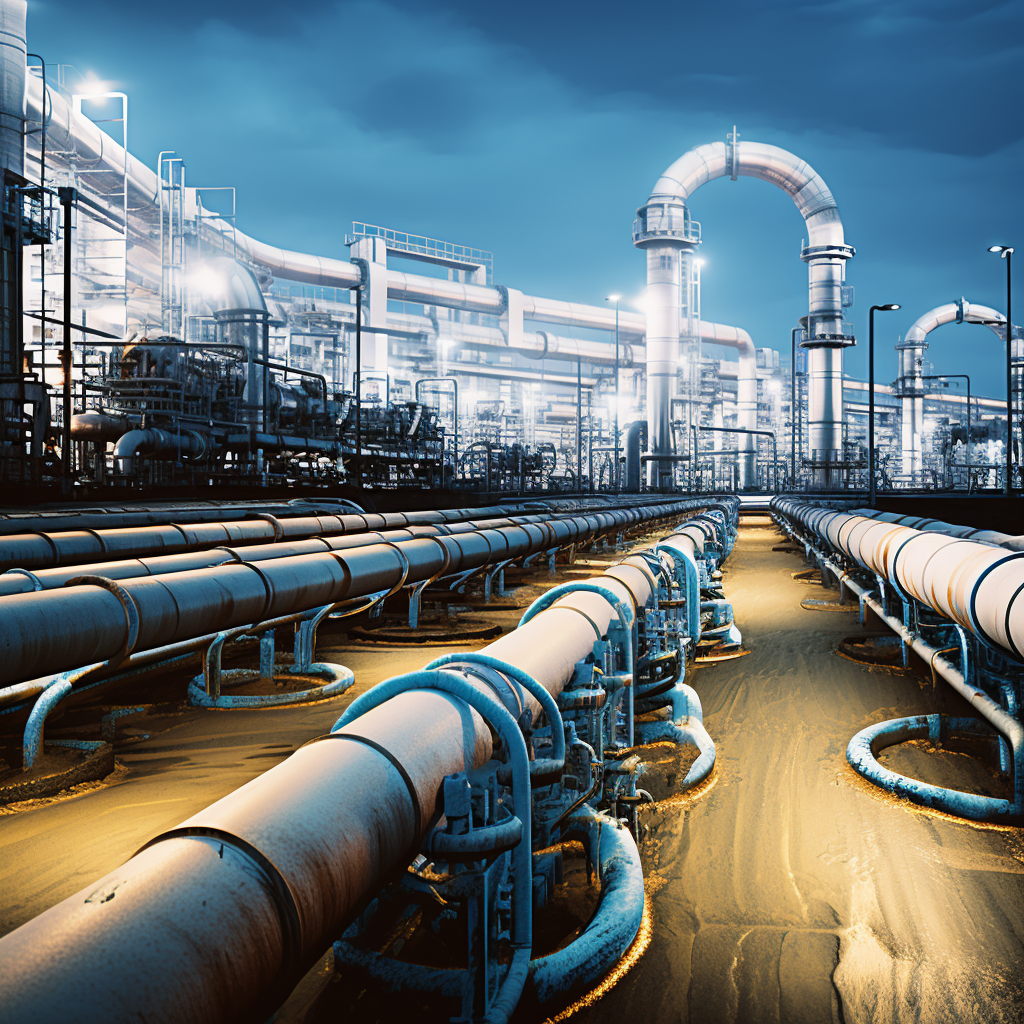October 18, 2023
Rising Temperatures, Urgency for Climate Action, and Fossil Fuels
Book a Demo
Record-breaking temperatures in September have surpassed the 1.5-degree Celsius limit set by the Paris Accords, underscoring the imminent need for decisive climate action. The alarming rise in temperature is a stark reminder that our planet is on the brink of a climate crisis, and the time to act is now.
One area that urgently calls for attention is the increasing exports of fossil fuels. The burgeoning terminals and pipelines along the Louisiana coast offer the Biden administration a crucial opportunity to address the supply side of the climate crisis. It’s evident that the fossil fuel industry’s contribution to the escalating climate crisis can no longer be ignored.
A case in point is the proposed CP2 LNG terminal project in the Gulf of Mexico. This project is forecasted to generate 20 times more annual greenhouse gas emissions than the contentious Willow oil drilling project in Alaska. This projection raises profound concerns about the project’s contribution to global warming, particularly considering the already alarming rate of temperature rise.
Complicating matters further, methane leaks from fracking sites, pipelines, and processing plants are undermining the LNG industry’s claims. These claims assert that natural gas is a less carbon-intensive fuel than coal, but the methane leaks suggest otherwise. The Biden administration is thus encouraged to reconsider the CP2 application and revise standards for proposed plants. The environmental impact coupled with the effect on domestic energy costs makes these plants fail the “public interest” assessment.
In light of the record temperatures, the Biden administration has a golden opportunity to demonstrate its commitment to tackling the climate challenge by reigning in the rising exports of fossil fuels. The White House’s push for electric vehicles, heat pumps, and solar panels has begun to reduce the demand for fossil fuels. However, a potential fossil fuel build-out in Louisiana threatens to increase US production more than any other country in the next decade.
If all proposed Gulf LNG facilities are completed by 2030, the US could produce greenhouse gas emissions equivalent to those of 2005. This would be a significant setback in the fight against climate change, necessitating the blocking of new LNG facilities like the CP2 project.
The urgency of the climate crisis demands immediate and decisive action. Reconsidering fossil fuel projects, revising standards, and controlling exports are significant steps that the Biden administration could take to demonstrate its commitment to tackling this pressing issue. The time for action is now; our planet’s future depends on it.



